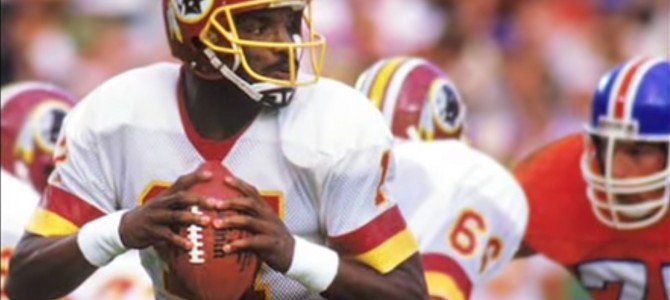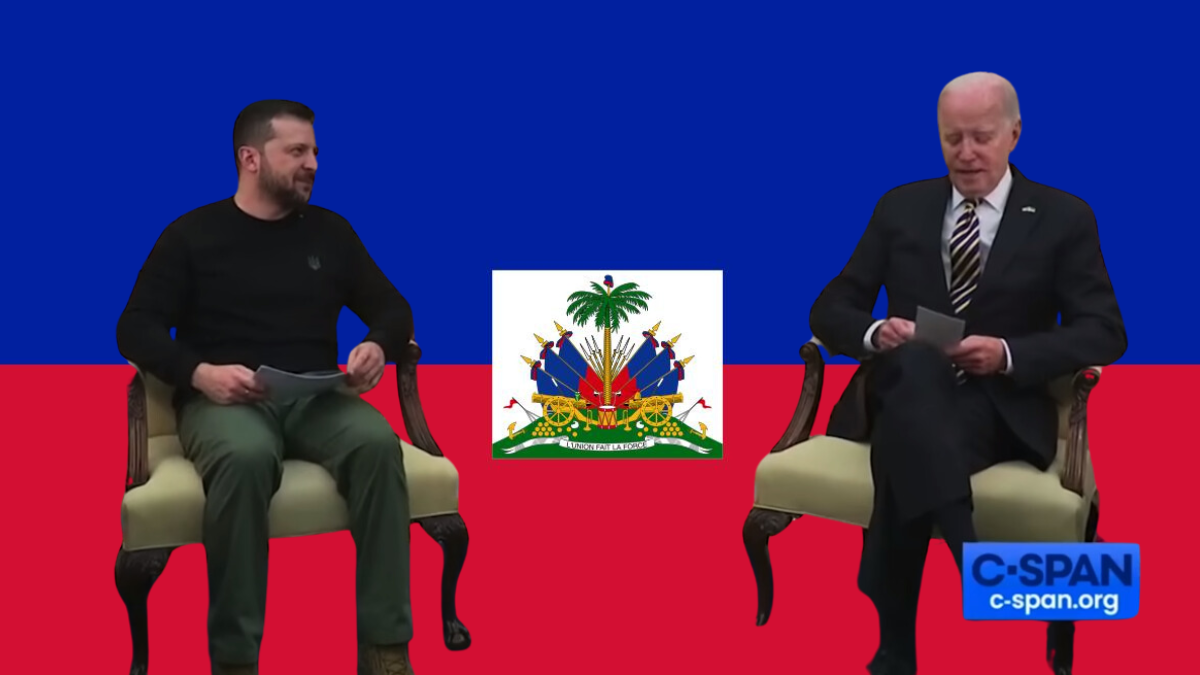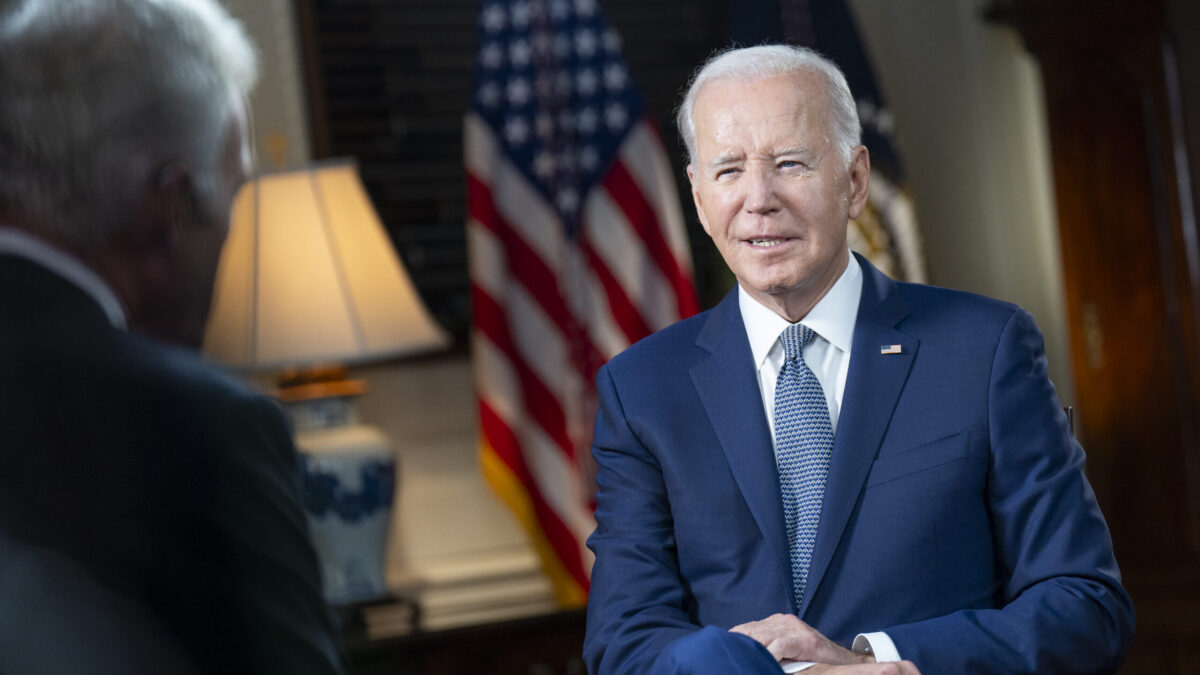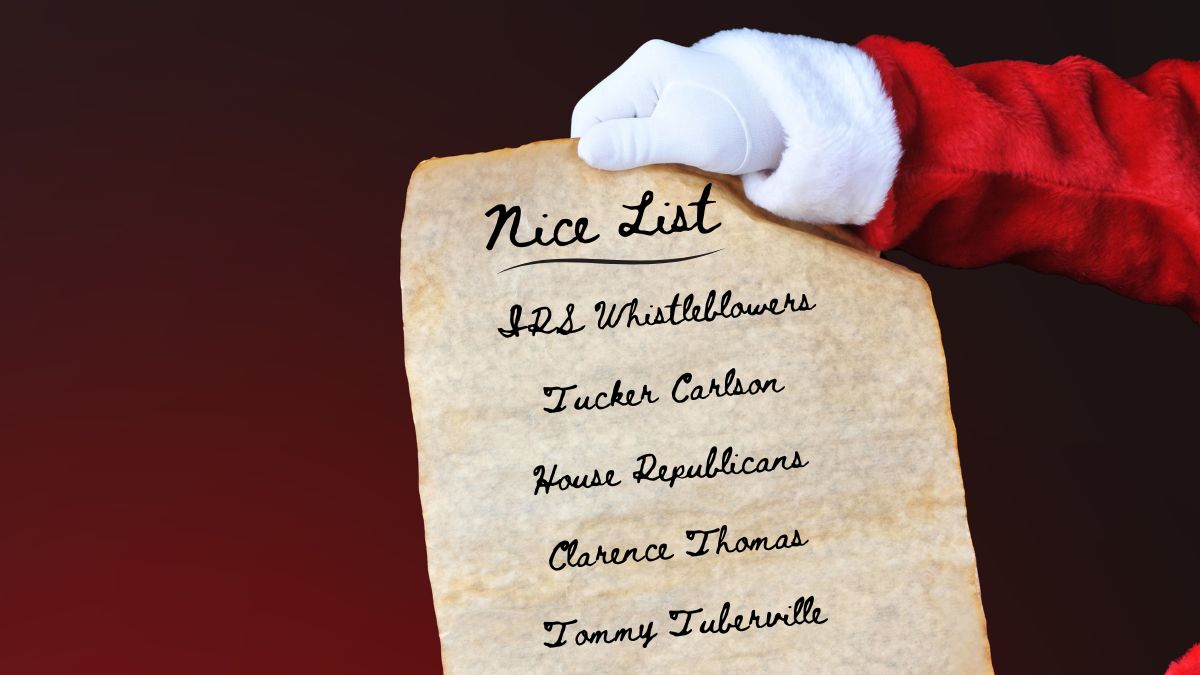
The University of Missouri football team scored its first victory in five weeks on Tuesday, forcing the resignation of university President Tim Wolfe in a protest over what’s been described as his inability to control the negative racial climate on campus. Although the movement garnered national attention and consumed two other faculty members in the process, it was hardly the only protest on a campus this week.
I have to admit, as I was watched Thursday’s Million Student March demand college loan forgiveness, it appealed to the guy in me who a worked a few awful gigs to finance an associate’s degree at Nassau Community College. Relax, ladies.
But then it dawned on me that if I didn’t foot my college bill somebody else would have to, at which point I got perplexed and ventured to a “safe space,” which for me is the world of sports. The sports fan in me assesses this week’s protest-palooza and can’t help but wonder what it would be like if some of the classic sports moments that have left such an indelible mark on our culture took place on today’s college campuses.
Could they? If so, would any of the outcomes change? The short answer is yes, and sometimes that’s not a bad thing (if you happen to be a Cubs fan).
Ladies, gentlemen, and anything else you may identify as, it is my proud honor to present to you five classic sports moments, if they had happened on today’s college campuses.
5. Bill Buckner’s Missed Ground Ball
On October 25, 1986, Bill Buckner missed a routine ground ball that cost the Red Sox game six of a World Series they ultimately lost in seven games. Buckner was vilified in Boston to the point that he had offers from the witness protection program, and the level of vitriol still resonated some 25 years later when Larry David did a “Curb Your Enthusiasm” episode about living as Buckner.
If it happened today: Buckner is booed off the field, as per usual, but within minutes, a group of students who’ve never played sports, let alone lost their mortgage for an error by a guy getting paid millions to catch, begin a Twitter hashtag that champions Buckner as a hero just for trying. Upworthy posts an article about it, titled, “Aging First Baseman Blows World Series, What Happens Next Will Melt Your Heart,” and the next thing you know he’s starring in a viral video in which he fields grounders hit by Ellen DeGeneres.
Eighty thousand students sign a Change.org petition to get the Red Sox a World Series trophy just like the Mets, but it loses steam after someone gets offended by a joke Buckner told on his new Web series, co-hosted with Zack Galifinakis, called “Between Two Legs.”
Side note: a whole generation of Little League kids no longer feels pressured to keep their heads down when fielding a grounder, and U.S. baseball goes into a tailspin that lasts to this very day.
4. Lou Gehrig’s Goodbye Speech
On July 4, 1939, Lou Gehrig gave the most iconic speech in baseball history when he stood at home plate at Yankee Stadium and confirmed that he’d been diagnosed with a disease for which there was no known cure. The high-water mark of this is the sound bite, “Today, I consider myself the luckiest man on the face of the earth.”
If it happened on Gehrig’s modern-day Columbia campus, he would get cut off halfway through by a group of feminists who accuse him of mansplaining his disease. We never do hear the money quote, and instead of 80,000 men crying because they feel sorry for him, we cry out of jealousy because he gets to die and leave this semantic cesspool behind.
3. Christian Laettner’s Famous Basket
On March 28, 1992, Christian Laettner of the Duke Blue Devils hit the most famous shot in college and arguably basketball history, a turnaround jumper as time expired that sent Duke past Kentucky in the Eastern Regional final.
Almost as shocking as Laettner hitting the shot was him attempting it, given that to do so he had to catch a full-court, inbounds pass from Grant Hill and get it off in less than 2.1 seconds. But attempt it he did, and what followed became so iconic it inspired an ESPN 30 for 30 called “I Hate Christian Laettner.”
To give you an idea of just how grim it was, modern oddsmakers put Duke’s chances of winning at 1 in a Santorum. The odds of him being in the game today are even greater, because he was known far and wide as a bully or, as it was called back then, a fiery competitor who demanded the most of his teammates and often yelled at people to motivate them.
Laettner’s verbal excoriations of his teammates became the stuff of legend on campus, and if you don’t believe me, ask Bobby Hurley’s shrink. Nowadays, he’d be one cell-phone video away from becoming our social media villain of the week, and Duke would be pressured to keep him off the court, lest they send the message that winning means more than feelings.
There’d be 10,000 students holding up signs outside the arena that said, “I’m Bobby Hurley” and inside the arena, with no Laettner to carry them, Duke would lose that Eastern Regional to Kentucky, 98-72, despite the heroic efforts of Hurley, whom Oprah would hug when he fouls out of the game and eventually get invited to the White House for giving his all in the face of adversity.
Even if Laettner did make it into this game, he’d certainly be banned from the ensuing championship game because, during overtime, he accidentally stepped on the throat of a black Kentucky player named Aminu Timberlake. Are you gonna tell me people wouldn’t be interrupting Bernie Sanders rallies over that?
If this one pissed you off, here’s a Duke-themed drinking game to cheer you up: Try to type “Krzyzewski” into your phone and do a shot every time you get auto-corrected. But be sure to have some chalk handy to outline the corpses.
2. Steve Bartmann Ruins the Cubs’ Chances
On October 14, 2003, during the sixth game of a National League Championship series the Cubs were leading, a fan named Steve Bartmann reached over the wall to catch a foul ball and deflected it away from Cubs outfielder Moises Alou. The Cubs went on to lose the game and the series, and Bartmann became the most hated man in the history of Chicago. Consider this as proof that sports fans can get a little irrational, given that Bartmann didn’t start the Chicago fire and isn’t Rahm Emanuel.
Of course, on today’s campuses, Bartmann wouldn’t have been sitting in the front row, because cries of white privilege would have driven him to the upper deck. Instead, he would be replaced by a minority student who was on a hunger strike to protest Cubs fans blaming their misfortunes on a billy goat. Instead of reaching for the foul ball, the fan would have held up a sign that reads “Stop Goat Shaming.”
Alou would go on to catch the ball, but alas, the Cubs would get swept in the World Series, because, to quote Mother Teresa’s autobiography, “Singers sing, painters paint, and the f#@king Cubs always choke.”
Some of you are like, “Hey, he’s making stuff up! What is this, Politico?”
1. Doug Williams Becomes First Black Quarterback to Win a Super Bowl
On January 31, 1988, the Washington Redskins trounced the Denver Broncos in the Super Bowl, 42-10. Blowouts were a thing that year. For further reading, see Dukakis, Michael.
If you ask most scholars, the most offensive part of the Redskins name is the word “Washington,” but Native Americans weren’t the story that day. The big news was that Doug Williams became the first black quarterback to win a Super Bowl, a record that stood until Russell Wilson did it with the Seahawks in Super Bowl 48. (You might argue that Wilson should have two titles, but I’m gonna hand off to Pete Carroll on that one.)
Even with a black quarterback on the verge of making history, there’s no way this game could take place on a college campus today, and maybe that’s a good thing.
Within minutes of the Redskins winning the National Football Conference title game, the Twitter slactivists would have Roger Goodell on the wrong end of 2 billion “Dances With Wolves” memes, most of which they’d steal and re-post without attribution. Facebook would have a button that allowed you to change your profile picture to a Redskins logo in a no-smoking sign. Macklemore would bang out a Grammy-winning tune called “Same Tee-Pee,” and every college football team in the nation would boycott classes over the game, as opposed to the usual reasons college football players skip classes.
Ultimately, the National Football League would be forced to shoot a public awareness ad that showed its concern for Native Americans. The ad, coupled with a charitable donation to Native American causes, would buy the league enough support to go on with the game, albeit at a different location, at which point the increased attention would drive up ratings, and the NFL would double their ad sales and re-coup their donations ten-fold.
College kids would feel empowered because they effected “change” and they’d move on to their new quest for self-righteousness, despite the fact that absolutely nothing was done to improve the physical plight of the Native American.
Consequently, the phrase “Trail of Tears” would remain in our vernacular, albeit as a description of the walk to the car after another Missouri football loss.









